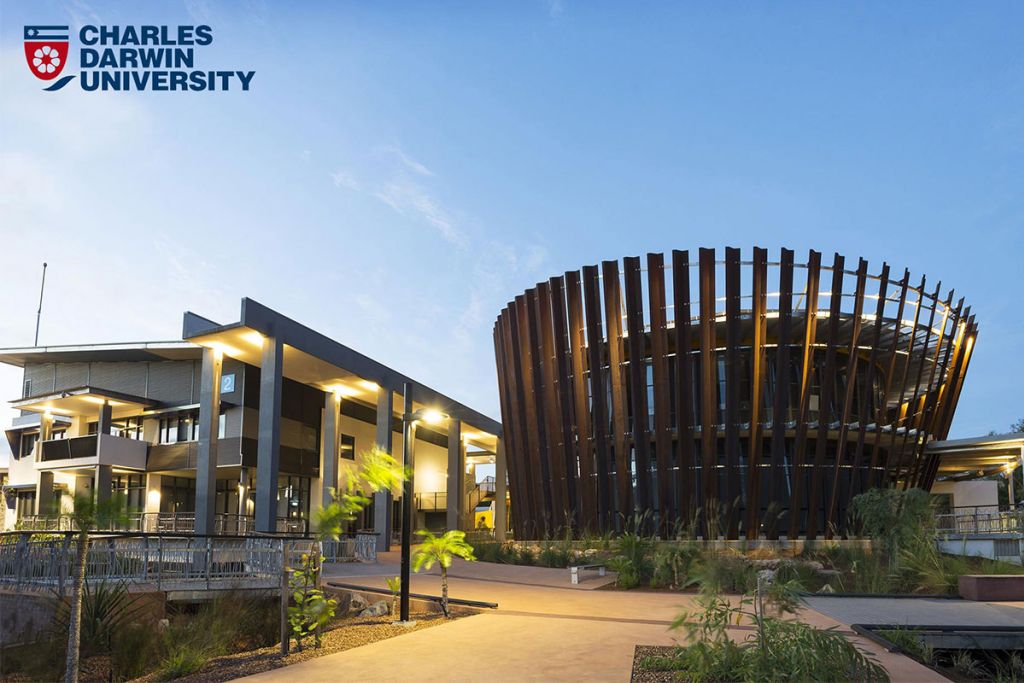If you are a student aspiring to study abroad or planning to work and stay in an English-speaking country, you should be able to understand and speak the English language seamlessly. There is a wide range of English proficiency tests available to students like you. The Test of English as Foreign Language (TOEFL), the International English Language Testing System (IELTS) and the Pearson Test of English (PTE) are some widely-accepted and standardized tests measuring proficiency in the English language for non-native English speakers.
A few years ago, there was only TOEFL in the segment, but now it faces tough competition with a few other options. The following are the differences between IELTS and TOEFL tests which will help you get a clear perspective before you choose an English language proficiency test that best fits you.
IELTS
Established in 1989, many academic institutions accept the IELTS test in countries like the UK, the US, Australia, New Zealand and Canada. IELTS is the most popular English language proficiency test for higher education and immigration applicants.
Who accepts IELTS?
Over 10,000 organisations accept IELTS in 145+ countries as an indicator for English language proficiency test. IELTS Test has been accepted for over decades by education institutions, universities, immigration agencies, professional, government departments and industrial organisations.
TOEFL
The Test of English as a Foreign Language (TOEFL) is the second major English language proficiency test structure developed for candidates applying for English-speaking academic institutions. TOEFL is administered by the ETS (Educational Testing Service).
Who accepts TOEFL?
Over 9,000 education institutions, including community colleges, colleges, and universities, accept TOEFL Test in 130+ countries. In the critical areas of writing, speaking, listening and reading, TOEFL scores are considered a preferred option by universities. Apart from education institutions, the following are some other organisations that accept TOEFL scores.
- Immigration offices consider TOEFL scores to process work and residential visas.
- Physical Therapy, Dental, Pharmacy and similar medical licensing boards.
- Any individual who wants to assess their English proficiency level.
Comparative Analysis:
IELTS
- Validity – 2 years
- Fees – AUD 330
- Qualifying Marks – 6.5 Bands
- Modules Tested – Reading, Writing, Speaking & Listening
TOEFL
- Validity – 2 Years
- Fees – USD 300
- Qualifying Marks – 73- Bachelor’s and 79- Master’s
- Modules Tested – Reading, Writing, Speaking & Listening
Test curriculum:
- The TOEFL is an American-style standardized test containing two essays, 6 brief spoken responses, and many multiple-choice questions or fill in the blanks.
- The IELTS has almost the same format, with two essays, multiple-choice and fill in the blank questions, and an oral interview.
Internet-based TOEFL exam sections:
The TOEFL iBT online exam comprises four sections: reading, listening, speaking, and writing.
The objective of this task is to assess a student’s reading skills. It involves reading comprehension on various topics, including Psychology, Arts, Science, and History. Every passage has around 14 questions. Most Universities accept international students who have scored a minimum of 20 marks in the reading section.
Time limit: 60-80 minutes Questions: 36-56 questions
In the listening section of TOEFL iBT, each lecture has a time limit of 5 minutes with 6 questions to be answered. The conversation section is around 3 minutes, followed by 5 questions that are to be answered. Most universities accept a listening score of anything over 21.
Note: For each question, a unique audio clip will be played.
Time limit: 60-90 minutesQuestions: 34-51 questions
The TOEFL iBT speaking section comprises six tasks under 2 categories, i.e. Independent tasks (Task 1 & 2) and Integrated tasks (Task 3 to 6). During the admission process, universities consider students who have scored over 22 marks in the verbal/speaking section.
- Independent Speaking Task
Under the speaking test, students will be asked to perform tasks 1 and 2 (a combination of reading, writing, and listening). For both tasks, students get 15 seconds to prepare and 45 seconds to answer.
- Integrated Speaking Tasks
For tasks 3 and 4, the following steps are involved:
- Step 1 – 45 seconds to skim through a passage.
- Step 2 – One minute to listen to an audio clip.
- Step 3 – Half a minute to prepare.
- Step 4 – One minute to answer the questions raised by the proctor.
For tasks 5 and 6, students will listen to an audio clip (around 2 minutes). Soon after hearing the audio clip, the proctor will initiate a 20-second timer where students will have to recollect the audio clip to answer the questions.
Note: The proctor will begin a timer of 60 seconds as soon as the students start to respond to the questions.
The TOEFL iBT test’s final section is the writing section, where students will be asked to draft a couple of essays. One is integrated, and the other is an independent essay. The total duration of this task is around an hour.
Students will be provided with three minutes to read a passage of around 300 words under integrated writing. Following that, the proctor will play a lecture. Based on the lecture and the passage’s input, students must frame an essay of around 220 words.
Independent writing allows students to write their own thoughts and opinions. As a part of the task, students will be asked to write a 300-word essay in 30 minutes.
Internet-based IELTS Online Test:
With the advancements in technology, students can now take the IELTS test online via computers and receive their results quickly within 7 days. Students need to complete reading, writing and listening in one sitting. Besides, the speaking test must be taken before the listening test or after taking the other 3 tests.
IELTS Test Process
IELTS Listening Test (30 minutes)
Students will listen to 4 texts or conversations between native speakers, and they are asked to produce answers based on the conversation they heard. These questions will analyse students’ ability to understand ideas, factual information, opinions, and the purpose of the conversation.
The listening test comprises 3 stages:
1st part – A casual conversation between two humans.
2nd part – A detailed speech.
3rd part – A conversation between people of different hierarchies (employer and employee)
IELTS Reading Test (60 minutes)
The Reading test in IELTS consists of forty questions. During the test, a variety of questions will be put forth to test students’ reading skills. The reading materials include 3 lengthy texts in the academic version, either factual, analytical, or descriptive. The texts are usually derived from journals, magazines, and newspapers.
IELTS Writing Test (60 minutes)
The Writing test of the IELTS Academic version consists of 2 tasks. All the chosen topics are suitable for students from all walks of life entering undergraduate or postgraduate courses.
IELTS Writing Task 1: Students will receive a diagram/chart/table and are asked to summarize the context in their own words (formal tone).
IELTS Writing Task 2: Students must write an essay based on an argument or problem statement during the test.
IELTS Speaking Test (11 to 14 minutes)
The Speaking test consists of 3 parts in IELTS. Each assesses a student’s spoken English. Altogether it takes between 11 to 14 minutes to finish 3 parts of the speaking test. As a part of the practice, all speaking tests will be recorded by the proctor.
- Stage 1 – Students will be asked to speak about themselves and for similar questions such as their family, studies, and interests. Ideally, this part consumes up to 4 to 5 minutes.
- Stage 2 – In the next part, students will be given a topic before 2 minutes of stage 2 process. Here, the proctor gives students 60 seconds to think and answer one or two questions from the given topic.
- Stage 3 – Here, students will be provided with an opportunity to converse some abstract ideas and thoughts. The time taken for this part is around 5 minutes.
To enroll in an English language test preparation class, fill in the inquiry form. Our test preparation experts will reach out to you and provide you with further information.







